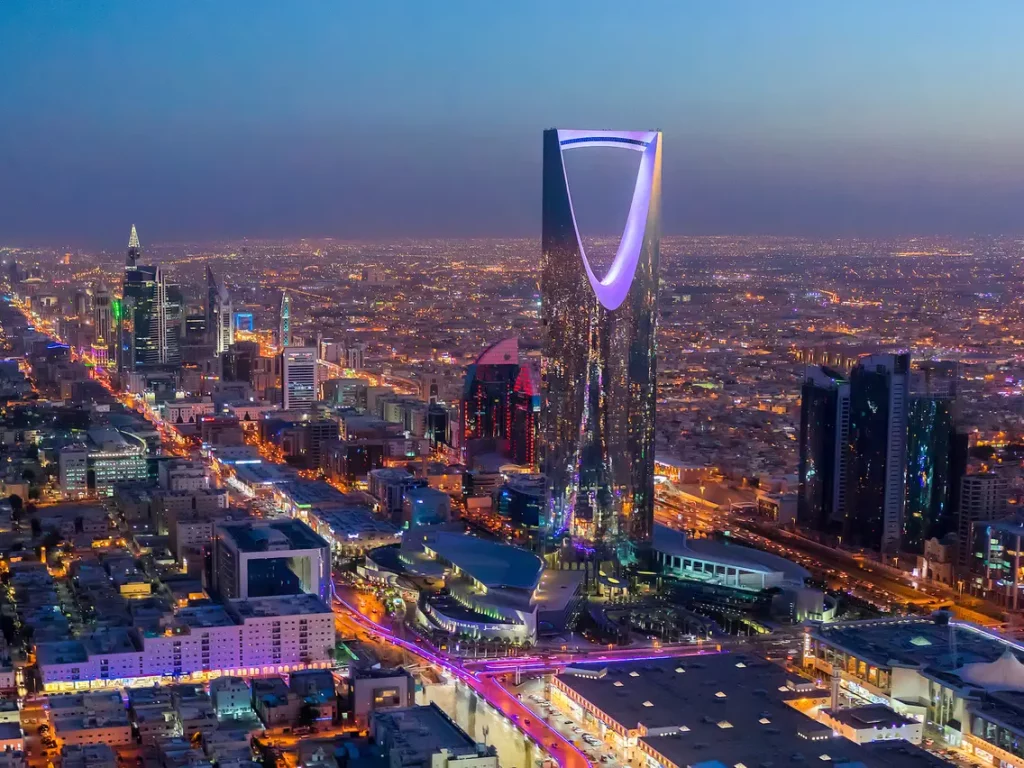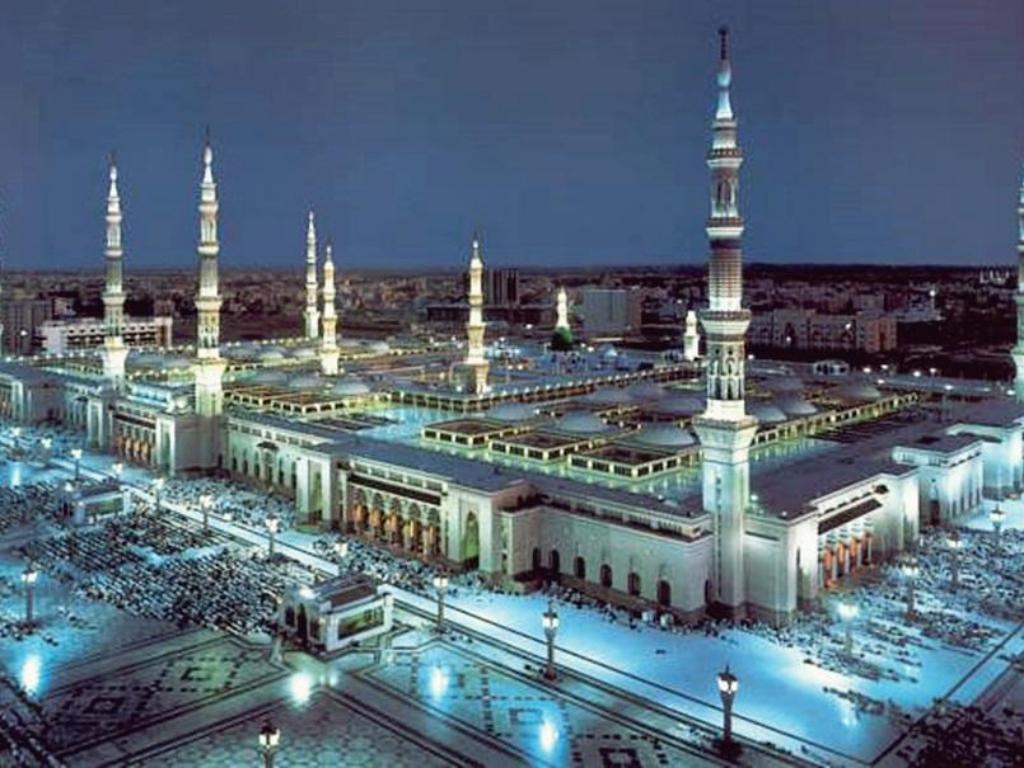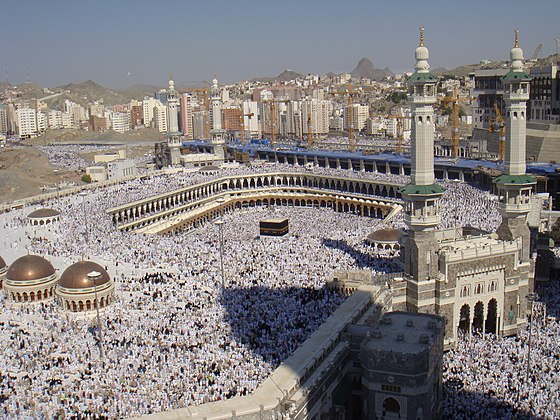
Most tourists have long been prohibited from entering Saudi Arabia.
Only Muslims or employees of the oil business were allowed to enter due to restrictive visa requirements.
Even then, they were only able to go to a small number of locations.
Then, in 2019, everything changed.
Cue theme from Avatar: The Last Airbender
Saudi Arabia is currently working hard to reposition itself as the top Middle Eastern vacation spot.
A more liberal e-visa policy is one aspect of that approach.
Numerous nationalities now find it substantially simpler to visit the country thanks to the revised visa policy.
Additionally, it enables Hajj and Umrah pilgrims to travel outside of Mecca and Medina.
Saudi Arabia may or may not be a popular tourist destination, but if you intend to go there, you need definitely
As of 2020, nationals of the following nations can obtain an electronic tourist visa for Saudi Arabia:
The following countries are also members of the United Nations: Australia, Austria, Andorra, Belgium, Bulgaria, Brunei, Canada, China, Cyprus, Croatia, Czech Republic, Denmark, Estonia, Finland, France, Germany, Greece, Hong Kong, Hungary, Iceland, Italy, Ireland, Japan, Kazakhstan, Latvia, Liechtenstein, Lithuania, Luxembourg, Macau, Malaysia, Malta, Monaco, Montenegro, Netherlands, New Zealand, Norway, Poland, Portugal, Romania, Russia, San Marino, Singapore, Slovakia,
What to pack for travel in Saudi Arabia
Although each person’s demands are unique, the following are a few things I urge you to bring with you when visiting Saudi Arabia:
modest attire
This is a given considering that Saudi Arabia is an Islamic nation, but both men and women should make an attempt to cover up.
portable adaptor.
Saudi Arabia use the same G-type plugs (three rectangular holes) as the UK.
You will want a travel adaptor for Saudi Arabia if you are travelling from the US or Europe.
Since they also have USB ports, I always bring several of these adapters when I travel.
recycled water bottle.
Saudi Arabia has a serious problem with plastic trash, and the population enjoys purchasing excruciatingly small plastic water bottles.
Bring your own water to save the environment.
Water filters are typical in urban areas, and tap water is typically safe to drink.
I adore my Hydroflask insulated water bottle and would suggest it.
When the water was boiling hot, it also kept it chilly!
Reusable coffee, tea, or cold beverage cup.
Applying the same environmental rationale.
They come in really handy if you’re travelling by car in Saudi Arabia because you’ll be getting a lot of tea and coffee from rest areas along the motorways.
These insulated travel mugs work excellent for protecting both hot and cold beverages.
decent sunscreen
The harsh sun in Saudi Arabia, along with the dry heat, can be quite damaging to your skin.
You’ll also develop some bizarre tan lines from all your modest attire.
I always bring this particular sunscreen when I travel because it doesn’t feel slimy.
or even remotely sticky.
phrasebook in Arabic.
English is not widely spoken, particularly outside of cities.
I frequently used Google Translate, but no one could understand me, and the translation of the Arabic spoken in Saudi Arabia was appalling.
This Arabic phrasebook is fantastic and is tailored to one of the main dialects in Saudi Arabia.
Religion in Saudi Arabia
Saudi life is influenced by religion in every way.
All Saudi citizens must be Muslims, and it is unlawful to practise
During the times of namaz, or prayer, everything stops.
There are five daily prayer times in Sunni Islam: fajr, duhr, asr, maghrib, and isha.
The prayer hours for today are listed here. The times vary a little bit every day.
During prayer times, all businesses—including stores, eateries, and cafes—will be closed for between 15 and 30 minutes, with the exception of finer locations that are hidden from view.
Before, anyone caught not praying during prayer hours would be pursued by religious police, but those days are gone.
Sunnis make up the great majority of Saudi Arabia’s Muslim population.
A Shia minority exists, and they frequently face prejudice.
Although there are a few different schools of Islam in Saudi Arabia, the majority of Sunnis are Wahabis and Salafis.
Both entail quite rigid and conventional applications of the Quran.

Minority religions in Saudi Arabia
There are small communities of Christians, Hindus, Sikhs, and Buddhists in Saudi due to the country’s significant immigrant population, particularly from countries like the Philippines and the Indian Subcontinent.
They cannot openly worship or practise their beliefs, though.
Distribution of non-Islamic publications like Bibles is one kind of proselytising, which is completely prohibited and is also very unlawful.
If you’re a non-Muslim visiting Saudi Arabia, you are free to practise your faith in secret.
But make an effort to be covert.
Under no circumstances should you attempt to debate the religion of a Saudi.

